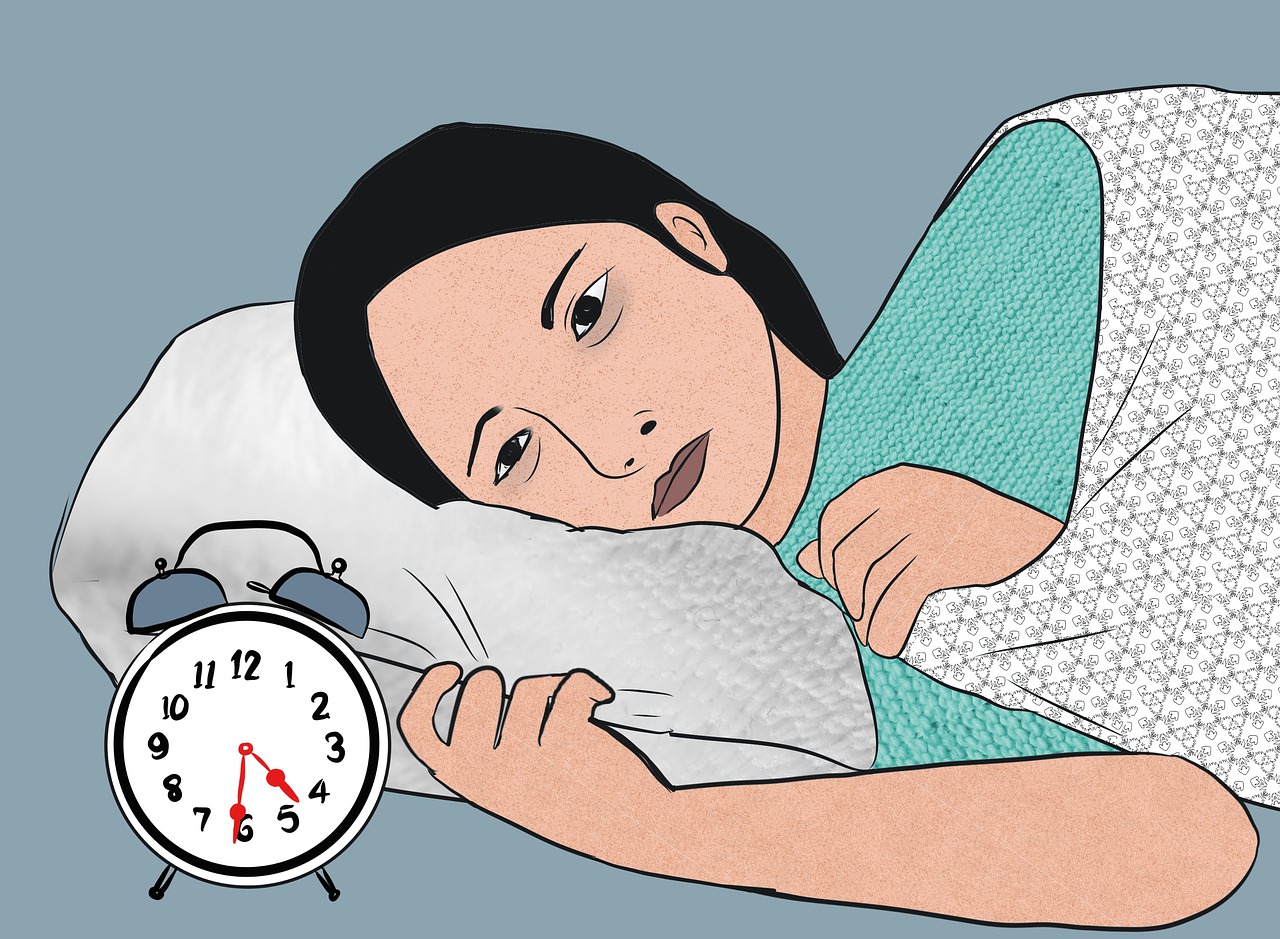Down syndrome is a genetic condition characterized by the presence of additional genetic material on chromosome 21. This condition can affect an individual’s physical and cognitive development in unique ways, often resulting in specific needs and increased sensitivity to changes in their environment. One such change that can have a significant impact on the lives of people with Down syndrome is a change in time.
Impact of Time Changes on People with Down Syndrome
- Routine and Stability: Individuals with Down syndrome often benefit from stable routines and schedules. Sudden changes in time, such as daylight saving time or changes in time zones, can disrupt their daily routine. This can lead to anxiety and confusion, as they may struggle to understand and adapt to alterations in their schedule.
- Cognitive and Communication Challenges: People with Down syndrome may experience cognitive and communication difficulties. A change in time can make it even more challenging for them to grasp the time of day, activity schedules, or changes in routine. This can lead to frustration and increased anxiety.
- Sensory Sensitivity: Many individuals with Down syndrome are sensitive to sensory stimuli, such as light and noise. Time changes, especially when transitioning to daylight saving time, can lead to increased exposure to sunlight at unfamiliar times. This can affect their sleep quality and overall well-being.
- Sleep Issues: Changing time can disrupt an individual’s circadian rhythm, often resulting in sleep problems. People with Down syndrome may already have difficulty falling asleep or maintaining a regular sleep pattern, and time changes can exacerbate these issues.
Adapting to Time Changes
Despite the challenges that time changes can pose for people with Down syndrome, there are strategies and approaches that can help facilitate the transition and minimize its negative impact.
- Advance Preparation: Prior to the time change, it’s important to begin preparing the person with Down syndrome for the transition. This can be done by discussing the change and visually demonstrating how the clock or calendar will be adjusted.
- Create a Predictable Routine: Maintaining a consistent and predictable routine is critical for individuals with Down syndrome. Ensure that their daily activities and meal schedules remain as consistent as possible.
- Use Visual Aids: Visual aids, such as calendars and picture clocks, can be extremely helpful. These visual tools can assist people with Down syndrome in understanding changes in their schedule and anticipating what comes next.
- Emotional Support and Communication: Providing emotional support during the time transition is essential. Listen to the concerns and needs of the person with Down syndrome and communicate changes clearly and simply.
- Gradual Adaptation: If possible, implement time changes gradually. This can help the person with Down syndrome adjust more easily to the new routine.
Tips for Family and Caregivers
Family members and caregivers play a crucial role in supporting people with Down syndrome during time changes. Here are some important tips to consider:
- Education and Awareness: Learn about Down syndrome and how it may affect the individual you are caring for. The more you know, the better you can understand their specific needs.
- Maintain a Positive Attitude: Maintain a positive and understanding attitude. Time changes can be stressful, but a positive and empathetic attitude can make the transition smoother.
- Effective Communication: Communicate effectively and use clear and simple language. Ensure that the person with Down syndrome understands what is happening and why.
- Emotional Support: Offer emotional support during the transition and pay attention to signs of anxiety or stress. Being there for the person with Down syndrome can make a significant difference.
- Consult with Healthcare Professionals: In cases where time changes have a significant impact on the health and well-being of the person with Down syndrome, it’s important to consult with healthcare professionals, such as doctors or therapists, for additional guidance and support.
Time changes can present unique challenges for people with Down syndrome due to their specific needs and sensitivities. However, with proper preparation, the establishment of stable routines, and support from family members and caregivers, it’s possible to minimize the negative impact of these changes. It’s essential to remember that each person with Down syndrome is unique and may require individualized approaches to help them adapt to time transitions. By following these tips and demonstrating empathy and patience, we can contribute to the well-being of people with Down syndrome during time changes.


















